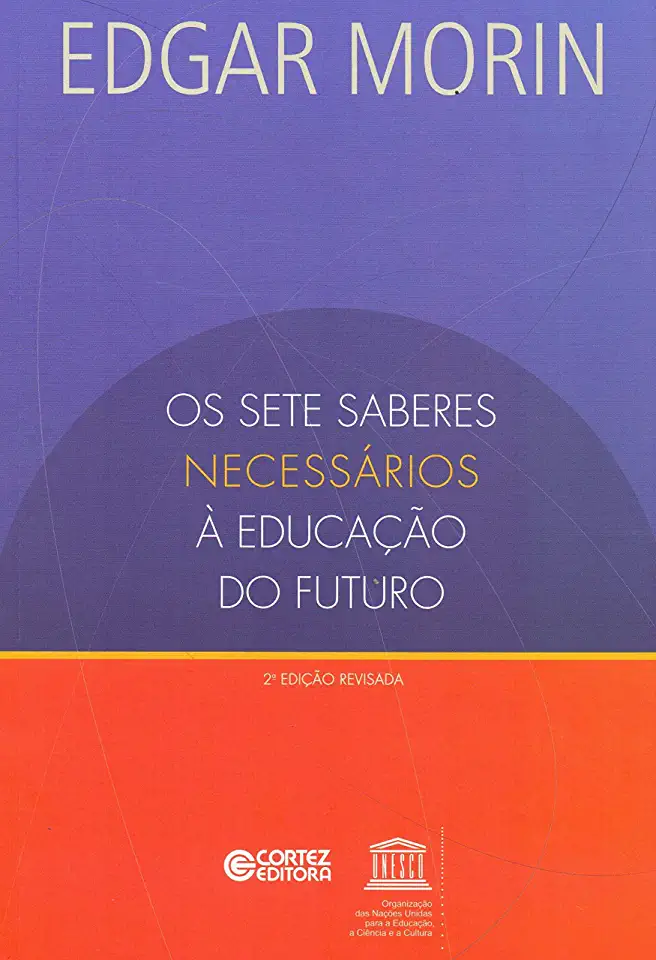
The Seven Necessary Knowledges for the Education of the Future - Edgar Morin
The Seven Necessary Knowledges for the Education of the Future
In his groundbreaking book, "The Seven Necessary Knowledges for the Education of the Future," renowned philosopher and sociologist Edgar Morin argues that the current education system is failing to prepare students for the challenges of the 21st century. He proposes a new approach to education that is based on seven essential knowledges:
1. The knowledge of uncertainty
In a world that is constantly changing and evolving, it is more important than ever to be able to deal with uncertainty. This means being able to think critically, to adapt to new situations, and to be open to new ideas.
2. The knowledge of complexity
The world is a complex place, and it is impossible to understand it by reducing it to simple parts. This means that we need to be able to think systemically, to see the interconnections between different things, and to understand how they interact with each other.
3. The knowledge of interdependence
We are all interconnected, and our actions have consequences for others. This means that we need to be aware of our responsibilities to others, and to act in a way that is sustainable for both ourselves and the planet.
4. The knowledge of responsibility
We are all responsible for our own actions, and we need to be able to take responsibility for the consequences of our choices. This means being honest with ourselves about our mistakes, and learning from them so that we can avoid them in the future.
5. The knowledge of solidarity
We are all part of a global community, and we need to be able to work together to solve the challenges that we face. This means being tolerant of others, respecting their differences, and working together for the common good.
6. The knowledge of understanding
We need to be able to understand ourselves, others, and the world around us. This means being open to new ideas, being willing to learn from others, and being able to see things from different perspectives.
7. The knowledge of ethics
We need to be able to make ethical decisions, and to act in a way that is consistent with our values. This means being aware of our own biases, being open to criticism, and being willing to change our minds when presented with new information.
Conclusion
Morin's seven necessary knowledges provide a framework for a new approach to education that is based on the challenges of the 21st century. By teaching students these knowledges, we can help them to become critical thinkers, responsible citizens, and compassionate human beings.
Why You Should Read This Book
"The Seven Necessary Knowledges for the Education of the Future" is a must-read for anyone who is interested in education. Morin's insights are profound and his writing is clear and engaging. This book will challenge your thinking about education and inspire you to think about the future of learning.
Order Your Copy Today!
"The Seven Necessary Knowledges for the Education of the Future" is available now at your local bookstore or online. Order your copy today and start your journey to a better understanding of the world around you.